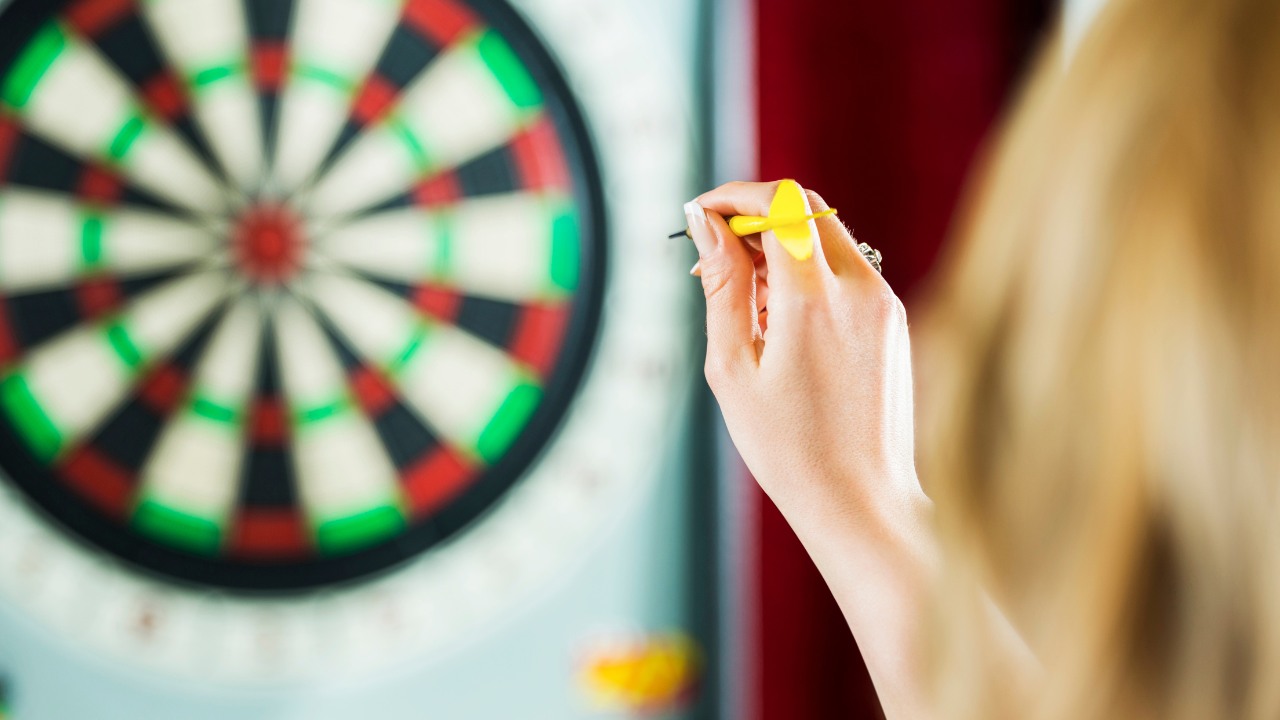Indoor sports have a way of bringing people together, no matter their age or skill level. Some games keep you moving, while others test your patience and accuracy. Among them, darts stands out as a classic that blends fun with genuine mental benefits. It may look like just tossing small projectiles at a circular board, but this centuries-old game is far more than a pub pastime. The truth is, darts can sharpen focus, improve hand-eye coordination, and even reduce stress when played regularly.
Why Indoor Sports Matter for All Generations
Indoor sports are perfect for families and communities because they cross age barriers. Kids love the excitement, adults enjoy the friendly competition, and older players can participate without heavy physical strain. Unlike outdoor sports that depend on good weather or lots of space, indoor games like darts can be set up in a corner of your home or a community hall. They encourage social bonding while keeping the brain and body active.
The Unique Appeal of Darts
So what makes darts special compared to other indoor sports? For one, it’s inclusive. Anyone can pick up a set of darts and learn the basics within minutes. At the same time, mastering the game requires patience and precision. The goal isn’t just hitting the board—it’s aiming for specific sections that demand concentration. That constant balance between simplicity and challenge is why players of all ages keep coming back. And if you’re searching for high-quality gear, you’ll find plenty of options, from online stores stocking darts in Perth to online shops with international brands.
How Darts Builds Focus
One of the biggest benefits of playing darts is its impact on concentration. Standing at the line and preparing your throw requires tuning out distractions and narrowing your focus to a small target. Over time, this repeated practice trains the brain to improve attention span. It’s no wonder schools and youth groups sometimes use darts as a fun way to help kids build better focus skills in a low-pressure environment.
Precision and Hand-Eye Coordination
Throwing a dart successfully is about more than luck. The motion involves judging distance, controlling muscle strength, and syncing your eyes with your hands. For children, this helps in developing motor skills, while for adults it keeps coordination sharp. Even seniors find darts helpful, as it allows them to maintain dexterity without putting stress on their joints. It’s a quiet workout for the brain and the body.
Stress Relief and Mental Well-Being
Few people realize how therapeutic darts can be. The steady rhythm of aiming and throwing creates a calming routine, similar to meditation. Concentrating on the board takes your mind off daily worries, offering a break from screens and deadlines. According to Harvard Health taking part in focused leisure activities reduces stress and boosts mental well-being—a box that darts ticks perfectly.
A Social Sport at Heart
While darts can be played alone, it shines brightest in groups. Families can turn it into a game night activity, while friends often gather around a board for lighthearted competition. The scoring systems—whether it’s the classic “501” or fun variations like “Around the Clock”—make it easy to keep everyone engaged. The laughter, friendly teasing, and shared victories make darts much more than a solo pursuit.
Making Darts Safe and Family-Friendly
Parents sometimes hesitate to introduce darts because of the sharp tips. Fortunately, modern versions with magnetic or soft-tip darts make it safe for kids to join in. These alternatives keep the fun intact while eliminating safety concerns. With the right board and set-up, even young children can play alongside adults without worry.
Beyond Darts: Other Indoor Precision Sports
If you’re a fan of games that require accuracy, darts isn’t the only option. Billiards and snooker also build focus and patience. Many stores that carry dartboards also feature cue sale events, making it easy to expand your indoor sports collection. Having both a dartboard and a pool table at home turns your space into a mini game lounge where family and friends can switch between activities.
Tips for Getting Started
- Choose a good quality dartboard—electronic boards are great for beginners.
- Start with basic scoring rules before moving to advanced games.
- Stand the correct distance (usually 7 feet 9 inches from the board).
- Encourage fun over competition, especially when playing with kids.
- Keep a casual score sheet—it adds excitement and teaches math skills for younger players.
Final Thoughts
Darts proves that you don’t need a large field or expensive equipment to enjoy a rewarding indoor sport. It brings generations together, sharpens focus, boosts precision, and helps melt away stress. Most importantly, it creates moments of connection—whether you’re teaching a child how to hold a dart or laughing with friends after a close match. If you’re looking for an indoor sport that balances fun with lasting benefits, darts might just be the bullseye.




